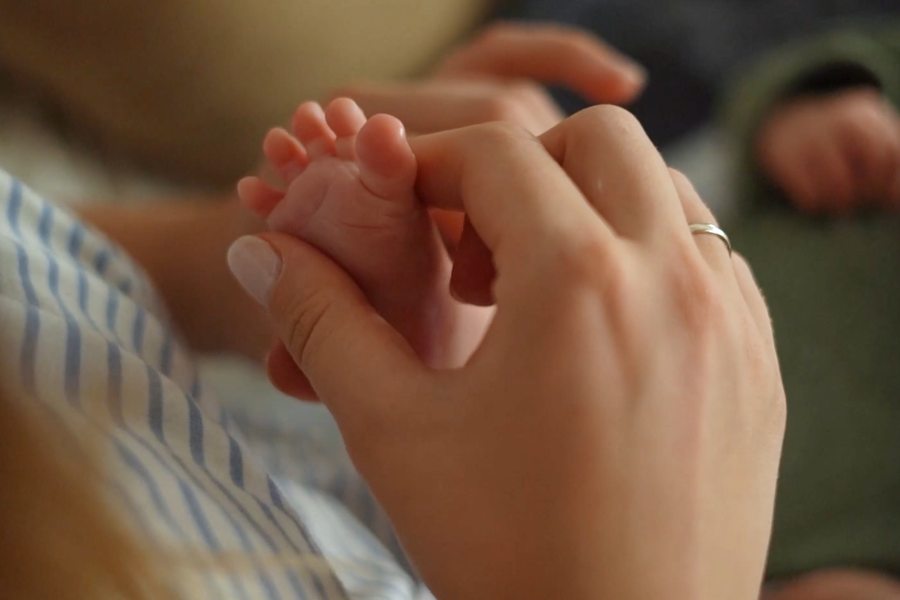Over three thousand fewer babies were born in Kosovo during 2023, compared to 2021. Financial factors, careers, previous experiences in raising children and population migration are considered to be among the reasons that parents decide to have fewer or no children.
The decline in the number of births is considered to be one of the biggest concerns and problems for Kosovo in the coming years in economic terms. Economists say that this trend causes a decrease in the labor force, which leads to a decrease in income.
But this phenomenon is not considered negative by sociologists. According to them, this shows that people have become aware and emancipated for family planning.
According to the data of the Ministry of Internal Affairs (MIA) sent to KosovaPress, it appears that 3 thousand 173 fewer births were during 2023, compared to 2021. Meanwhile, there is a slight increase in the number of births during the past year compared to 2022.
“In 2021 there are 44 thousand 11 births, in 2022 there are 40 thousand 517 births, and in 2023 there are 40 thousand 838 births”, reads the written response from the Ministry of Internal Affairs.
The mother of a five-year-old boy, who wanted to remain anonymous, tells KosovaPress that she does not want to have any more children. The fact that she is working, and her economic situation is not good, according to her, influenced her to make this decision.
Meanwhile, Rexhep Kaçandolli, the father of five children, calls the young people’s decision for small family planning a mistake. According to him, the tradition of having more children should continue, in order to “increase the number of the population”.
The professor of economics, Florin Aliu told KosovaPress that the drop in the birth rate is a problem that the countries of the European Union are also facing, for which he adds that this issue should be a priority of the government.
He says that in the next 10 years we may have a decline in the active workforce and an increase in the number of retired people. According to him, this affects the increase of taxes, decrease of income and demotivation for work.
Meanwhile, sociologist Genc Xërxa does not think the same. He told KosovaPress that the citizens have already been emancipated and are aware of not having uncontrolled births.
According to Xërxa, this phenomenon is not negative and that parents do family planning according to opportunities and circumstances.
Despite the fact that the Government of Kosovo, at the end of 2021, has made a decision to subsidize children and pregnant mothers, the birth rate has decreased again.
According to the decision taken by the Ministry of Finance for subsidies, children who were born on January 1, 2020, benefit from the aid of 20 euros. Meanwhile, for those who were born from 2018 onwards, until the age of 16, they receive 10 euros per month.
With this subsidy, unemployed post-partum mothers receive 170 euros for six months, whereas employed post-partum mothers receive the same amount for three months.
Meanwhile, it has been reported that during the last years, Albania and Macedonia are also facing a declining birth rate.








